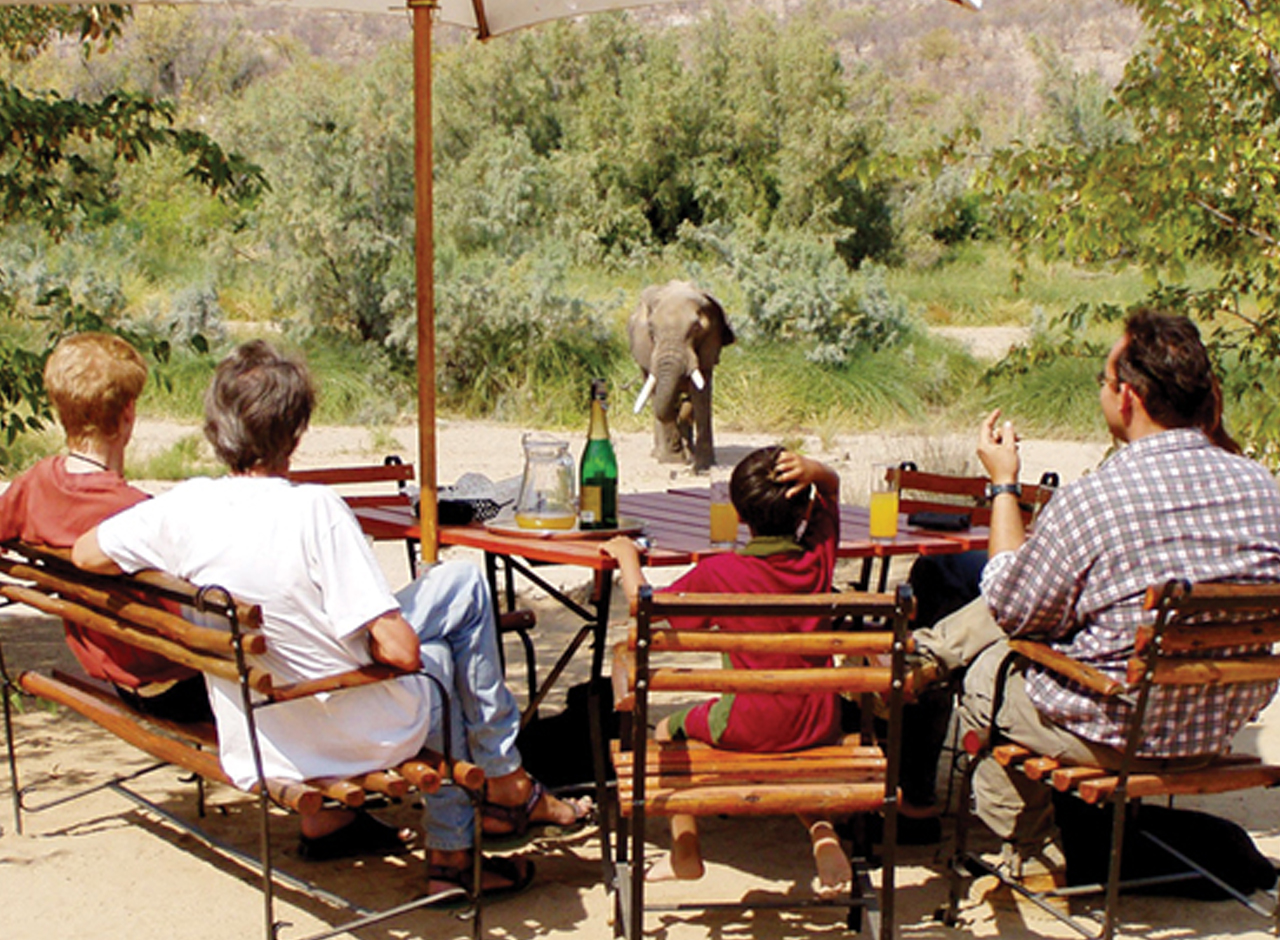Clementine Tjameya
The Namibian tourism industry is experiencing an unprecedented crisis due to the Covid-19 pandemic.
The country is now in virtual lockdown following the declaration of a State of Emergency this week by President Hage Geingob.
This move became necessary after two Romanian tourists entered the country two weeks ago and brought Covid-19 with them. A near comprehensive travel ban is now in effect, including restrictions on some border posts with South Africa, the country’s main trading partner.
The troubles experienced by the hospitality, tourism and travel industry are due to Namibia’s pre-emptive actions to protect public health as a matter of priority. The resulting direct and downstream damage to the already ailing economy will be significant after all is tallied in the months to come.
According to Air Namibia spokesman Paul Nakawa, the national carrier is already feeling the pitch since the announcement of the state of emergency. “The writing is on the wall. People are scared and there are many conditions to be satisfied before people can fly. We will continue to monitor the situation and adapt our operational strategies accordingly,” Nakawa told this newspaper.
Along with domestic flights, the airline is maintaining regular flights to Botswana, Zambia, Zimbabwe and South Africa, including destinations such as Johannesburg, Cape Town and Durban.
“We are experiencing a reduction in the number of passengers and may have to consider reducing flight frequencies.”
Many hospitality (free-standing restaurants included) and tourism establishments have begun to re-evaluate their business models and profit projections.
Some may be forced to close or operate with reduced staff and services for the time being.
Inevitably, this will result in catastrophic financial losses for some, due to cancelled bookings and new bookings that were anticipated, but will not be received.
In the longer term, revival of Namibia’s tourism industry (and indeed the world tourism sector) may present a challenge as overseas and regional travellers may only slowly return to foreign travel as a holiday choice.
In an interview, Rudi Putter of Avani Hotel commented on the current challenges.
“It is destroying our businesses. We have N$4.5 million worth of cancellations from Friday till today. We are at the moment experiencing occupancies below 20 percent, and the industry will commence as early as tomorrow with very serious initiatives to reduce staffing and the trading hours of certain outlets.
“The industry will not recover easily from this. Currently, there is an estimate that about 30 percent of businesses in the tourism sector might not survive this crisis. They will not even survive the next thirty days. By the end of this month, some business will not have the cash flow to be able to continue operating so they will most probably close down.”
Dr Sem Shikongo, Director of Tourism at the Ministry of Environment and Tourism (MET) said the ministry is aware of the crisis and concerns from the industry.
“This is affecting the tourism sector heavily and we are seeing serious losses. The ministry has had several consultations with the industry in order for us to work out some measures and try to assist the industry.”
Bernd Schneider, Chairman of the Namibia Tourism Competitive Advisory Council (NTCAC) spelled out in a draft proposal to the government containing measures to assist the hard-hit tourism sector.
“Tourism is critical to livelihood and development in communal conservancies, thus rural Namibians will be vulnerable to the current global crisis.”
Schneider’s recommendations include a proposal to allow companies to send employees on forced leave in order to prevent retrenchments.
“Moreover, government should also assist companies with additional capital by approaching the Development Bank of Namibia and the Bank of Namibia to avail interest-free loans,” according to the draft proposal.
Gitta Paetzold, CEO of the Hospitality Association of Namibia (HAN) says the travel ban is possibly the worst that could have happened to the tourism industry and the country at large.
“Tourism will need the support of government, financial and insurance institutions to make it through. Discussions have already commenced.”
The Namibia Tourism Board (NTB), when approached for comment, was less forthcoming.
“We are currently dealing with the situation and we are not ready so share any information in this regard, since we do not have full information to address to the public on this issue.”
The hospitality industry was projected to generate N$26 billion from different income streams, or nearly 10.2 percent of the country’s GDP before the Covid-19 pandemic. This estimate is now doubtful.
The tourism sector was responsible for nearly 45,000 jobs in 2018. This is now in jeopardy as long as the tourism turnstiles are locked down.




